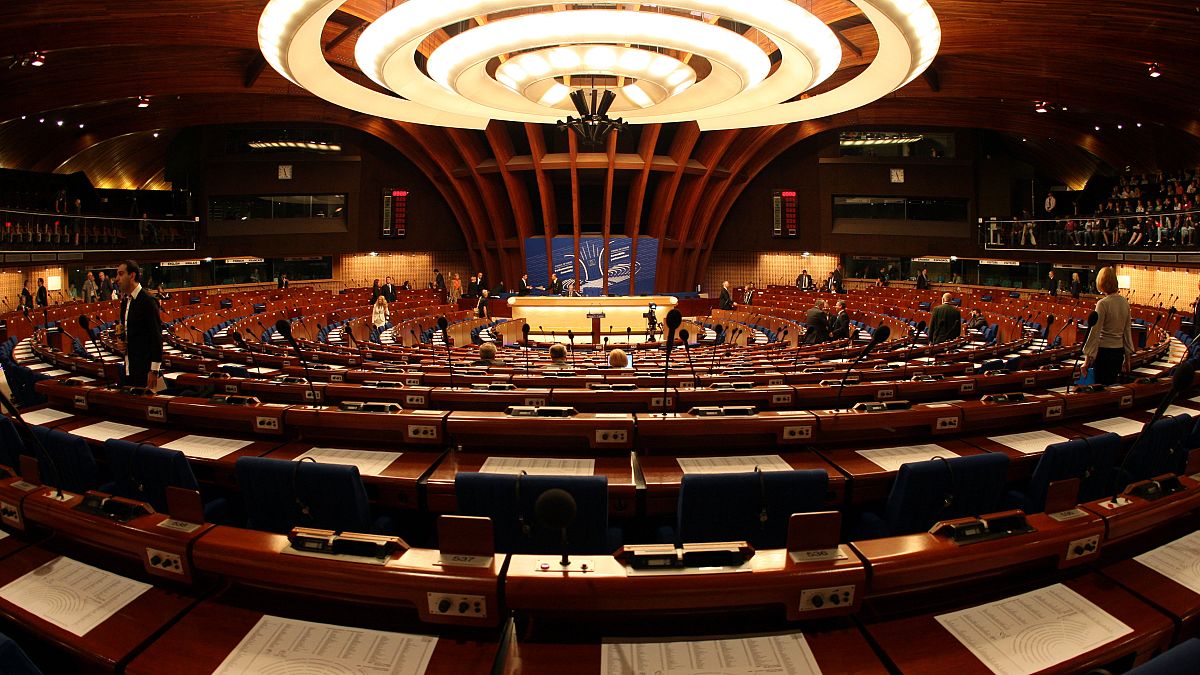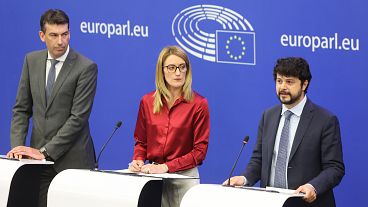The AI Treaty is different from the EU's AI Act, allowing non-EU member states to sign.
The EU, Norway, UK and US are among countries to sign The Council of Europe’s international AI Treaty which is prepared for signature in Lithuania today (5 September).
The treaty, the first international legally binding text which was adopted last May, sets out a legal framework that covers the entire lifecycle of AI systems and addresses the risks they may pose while promoting responsible innovation.
It’s different from the EU’s AI Act, which entered into force in early August, because non-EU countries can sign too. In addition, the treaty covers the use of AI systems for public and private sectors with different models of complying with its principles and obligations when regulating the private sector.
“The Framework Convention is an open treaty with a potentially global reach. I hope that these will be the first of many signatures and that they will be followed quickly by ratifications, so that the treaty can enter into force as soon as possible,” Council of Europe Secretary-General Marija Pejčinović Burić said in a statement.
The treaty will enter into force three months after the date on which five signatories, including at least three Council of Europe member states, have ratified it.
The Council of Europe’s 46 member states negotiated the treaty: the EU countries and eleven non-EU countries including Australia, Canada, Israel, Japan, and Argentina.
Countries from all over the world will be eligible to join it and commit to complying with its provisions.
Besides the treaty, other regions in the world are working on various AI initiatives. The AI Safety Summit, for example, aims to “advance global discussions on AI”. The summit focuses on AI safety and addressing the potential capabilities of the most advanced AI models.
And within the G7 – Italy, Canada, France, Germany, Japan, UK, and the US – Japan launched the so-called Hiroshima process under its G7 presidency, with the aim of promoting safe, secure, and trustworthy AI. The 11 guiding principles and the voluntary Code of Conduct aim to complement, at international level, the legally binding EU AI Act.
This story has been updated to clarify that the countries signed today.















